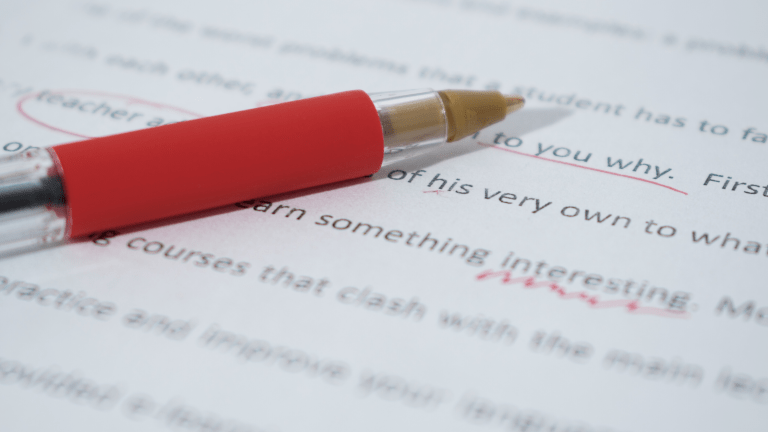As content writers, we are frequently told to avoid “filler or fluff” as part of the instructions in our content brief. But this is often easier said than done. This article seeks to define fluff and help freelancers avoid fluff writing.
What is fluff writing: unnecessary details
Fluff definition can be summarised as unnecessary details in a text that are not useful to your audience. Examples of fluff words and phrases include flowery text, the writer’s opinion or extra information that prevents the article from coming to the point.
An article that is full of fluff content will bore the reader and ultimately affect a website’s bounce rate. This means that site visitors have scanned the page and its sub-par content, decided it offered nothing for them, and taken their business elsewhere – which spells doom for e-commerce sites or any online business. This is why content writers should be aware of what does fluff mean and avoid it at all costs.
Examples of fluffy texts and how to fix them:
| Bad | There’s nothing like sitting outside and enjoying the sights and smells that a garden in full bloom has to offer. You’ve probably slaved for weeks and even months to enjoy the fruits of your labours. But you couldn’t have done it without the proper gardening tools. Buying the right tools can make or break your garden – so make sure you make the right choice! |
| Good | Buying the right tools for your garden can make all the difference. Browse our collection of gardening tools right here. |
Pro tip! Modern readers are after instant gratification. Get straight to the point and give your audience what they are looking for without beating around the bush.
| Bad | The philosophy of feng shui revolves around removing all the unnecessary clutter from your immediate environment and striking a harmonious balance between nature and your surroundings. |
| Good | Feng shui seeks to strike a balance between nature and your surroundings. |
Pro tip! Keep an eye out for words with fluff meaning. In the ‘bad’ example above, the word ‘unnecessary’ in front of ‘clutter’ is only taking up space, since ‘clutter’ in itself is always unnecessary. The ‘good’ sentence is short and to the point.
What is filler writing: too long sentences without value
Filler content for websites is any content that a writer uses to lengthen a text, without adding any particular value. The writer builds up the word count by using long and complex sentences, adding on unnecessary words and phrases, using the passive voice and presenting complicated ideas. Such heavy content discourages site visitors from staying, decreases your conversion rates and will ultimately affect rankings.
Here are some fillers examples:
| Bad | Trying to cut back on all of your unhealthy eating habits in order to lose the extra weight completely and entirely defeats the point if you are just sitting around all day doing absolutely nothing. |
| Good | You will only manage to lose weight if you control your eating habits and exercise. |
Pro tip! Be aware of useless filler words such as “completely and entirely”, “just” and “absolutely”.
| Bad | In order to impress potential buyers looking at your home, your broker will instruct you to the best of his ability on how to stage your house in order to exaggerate all its best points and downplay any of its faults, hidden or otherwise. |
| Good | Your broker will help you stage your house for potential buyers. |
Pro tip! Long winding sentences will bore your reader. Keep it short and to the point.
Fluff and filler are a writer’s worst enemies
There’s no place for fluff and filler in your content. Adding extra information is time-consuming and prevents your text from being effective and engaging.
Now you are aware of fluff meaning and what does filler mean, it’s time to start putting your writing to the test!
Sign up as a writer with Topcontent and help us keep producing filler-free content! We offer professional content writing services to online businesses in various different fields, and are always on the lookout for experienced writers.





